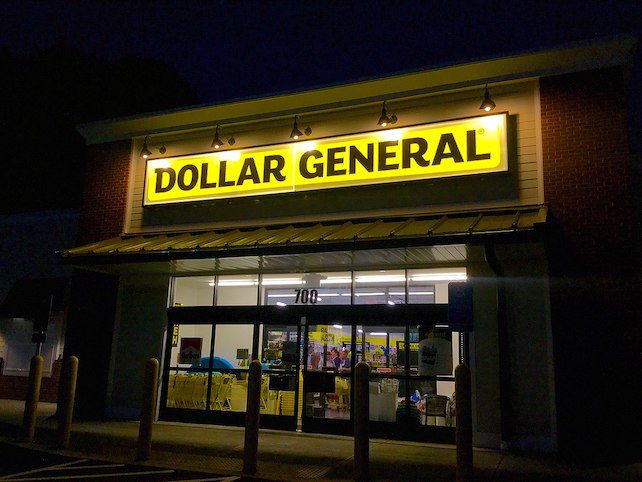Reasons why Bryant and others consider Target one of the top offenders include the company allegedly reneging on its commitment to spend $2 billion dollars with Black-owned businesses by the end of 2025. It was not clear from Target’s January statement that it was ending that pledge early or simply fulfilling the pledge as planned.
The Target Fast movement offered 300 Black-owned businesses as alternative places where consumers could shop instead of Target. Bryant told congregants that the boycott didn’t start with New Birth as there was already a “grassroots movement afoot that was doing a Target boycott.”
The Target Fast website listed four requirements for Target to fulfill in order for the fast to end, including honoring its $2 billion pledge and reiterating its commitment to DEI. The other two requirements were giving $250 million to Black banks and supporting “pipeline community centers at 10 HBCU [historically Black colleges and universities] to teach retail business at every level.”
On Easter Sunday, Bryant announced that the “fast” would continue as a full-on boycott, even though Lent had concluded. According to Bryant, Target only agreed to fulfill its commitment to its $2 billion pledge but not the other three demands.
RELATED: Pastor Jamal Bryant Says ‘Target Fast’ Is Now a ‘Full Out Boycott’: ‘We Ain’t Going Back in There’
The pastor credited the movement’s efforts for bringing down Target’s stock, something he had previously mentioned as a goal, and for diminishing the company’s foot traffic. Target has since admitted that boycotts have in fact hurt its sales.
“We have canceled Target,” Bryant told Burnett, comparing the Target boycott to the Montgomery Bus Boycott of the civil rights movement.
The pastor is leading a different approach against Dollar General. He is asking consumers to call and email the company, as well as message it on social media. However, he is only encouraging people not to shop there if they live in urban areas where they have other options.
“Dollar General has really done the predatory practices in rural communities. A lot of people, when they think about African Americans, it’s urban, but we forget about those who are in rural areas,” said Bryant. “And the inundation of Dollar General is in communities of 20,000 or less, and regrettably, they stand as the only portal for people to get access to food and vegetation.”

